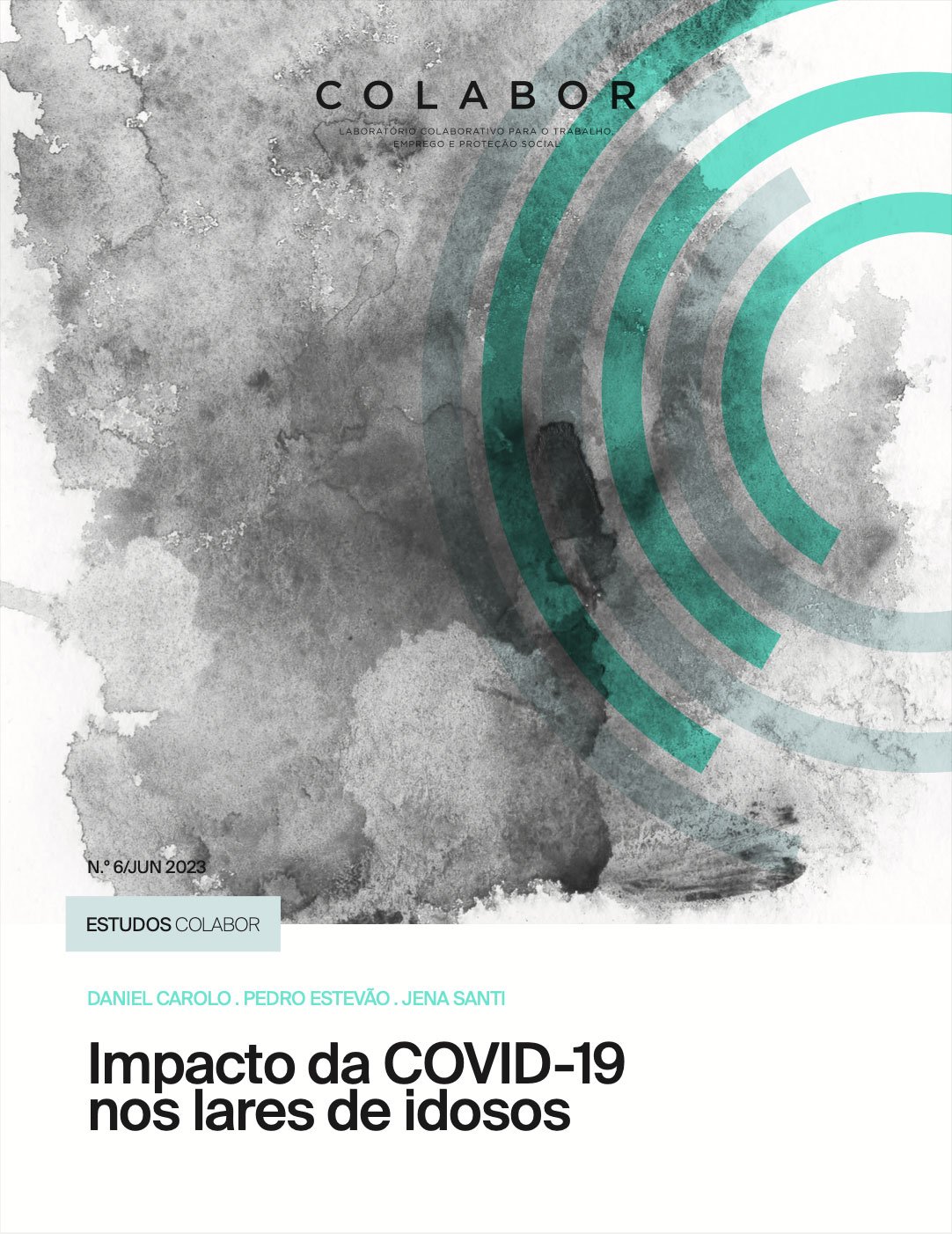Impact of COVID-19 on nursing homes
CoLABOR has just published the study "Impact of COVID-19 on nursing homes". This study aimed to assess the impact of the COVID-19 pandemic on residential facilities for the elderly (ERPI), based on an analysis of sociodemographic, territorial and organizational factors.
The study used two types of sources. Firstly, official data from the National Epidemiological Surveillance System (SINAVE), provided by the Directorate-General for Health (DGS), and information characterizing the ERPI network and also of an epidemiological nature provided by the Strategy and Planning Office of the Ministry of Labour, Solidarity and Social Security (GEP-MTSSS) and the Social Security Institute (ISS-IP). Secondly, during the months of March and April 2021, an online survey was applied to the universe of ERPI and Long Term Care and Maintenance Units of the National Integrated Continuing Care Network (ULDM-RNCCI) in mainland Portugal.
The study presents two main conclusions. The first conclusion is that both the prevalence and lethality of COVID-19 among ERPI users are significantly higher than those of the rest of the elderly population - and also in relation to ULDM users. The second conclusion is that the variables relating to prevention and response measures - mirror teams; cocoon teams; restriction of movement in the prohibition of family visits; existence of personal protective equipment; capacity to create differentiated areas; use of IEFP support programs, among others - do not seem to have had a significant impact on explaining the variation in the occurrence of outbreaks and the variation in prevalence between different institutions.
The study on "The Impact of COVID-19 on Care Homes for the Elderly" was developed by the Collaborative Laboratory for Work, Employment and Social Protection (CoLABOR) in partnership with Santa Casa da Misericórdia de Lisboa (SCML) and the National Confederation of Solidarity Institutions (CNIS), and received institutional support from the Ministry of Labor, Solidarity and Social Security (MTSSS), in particular the Strategy and Planning Office (GEP) and the Social Security Institute, I. P. (ISS-IP).P. (ISS-IP) and all the partners represented on the Standing Committee on the Social and Solidarity Sector (CPSS).
Authors: Daniel Carolo, Pedro Estêvão, Jena Santi

